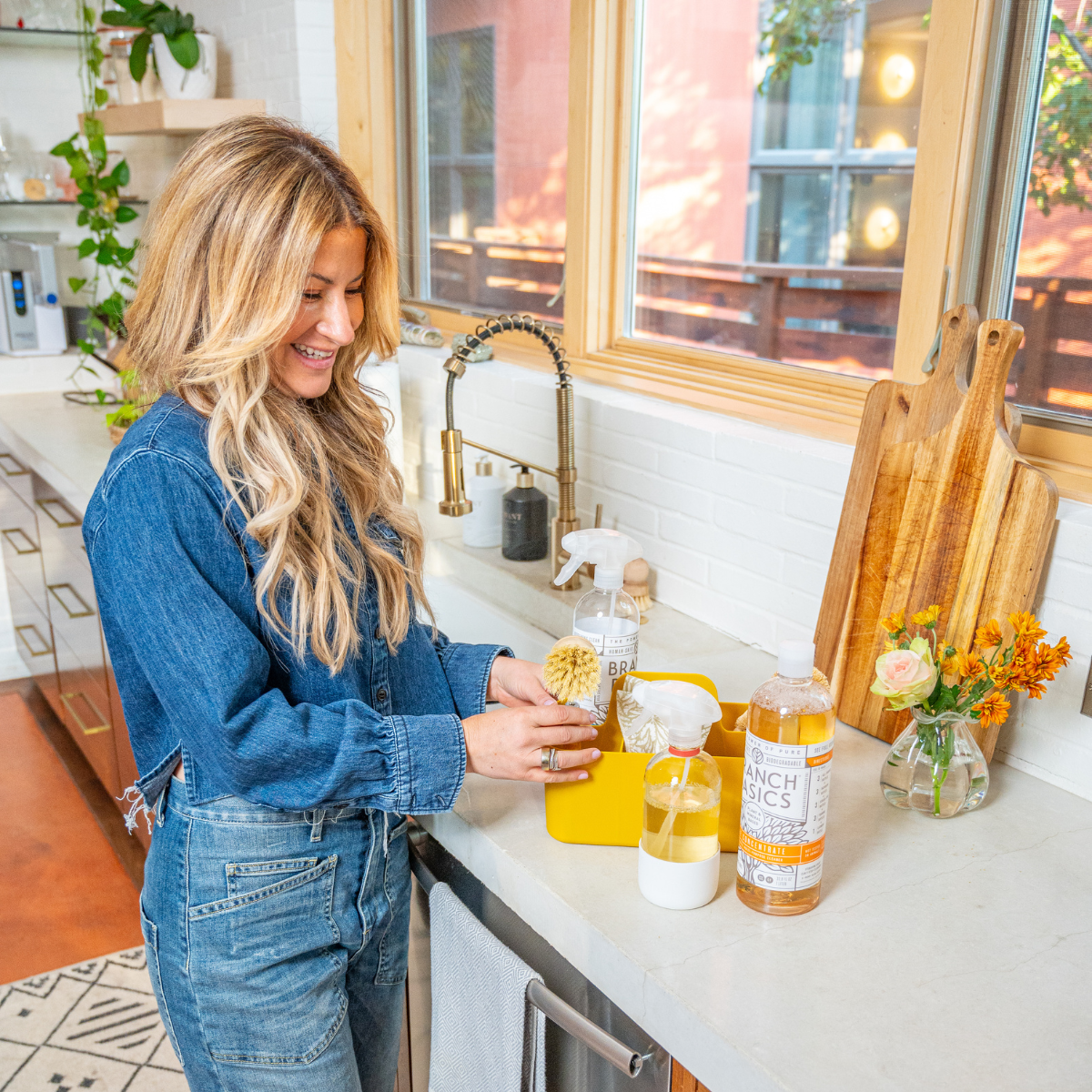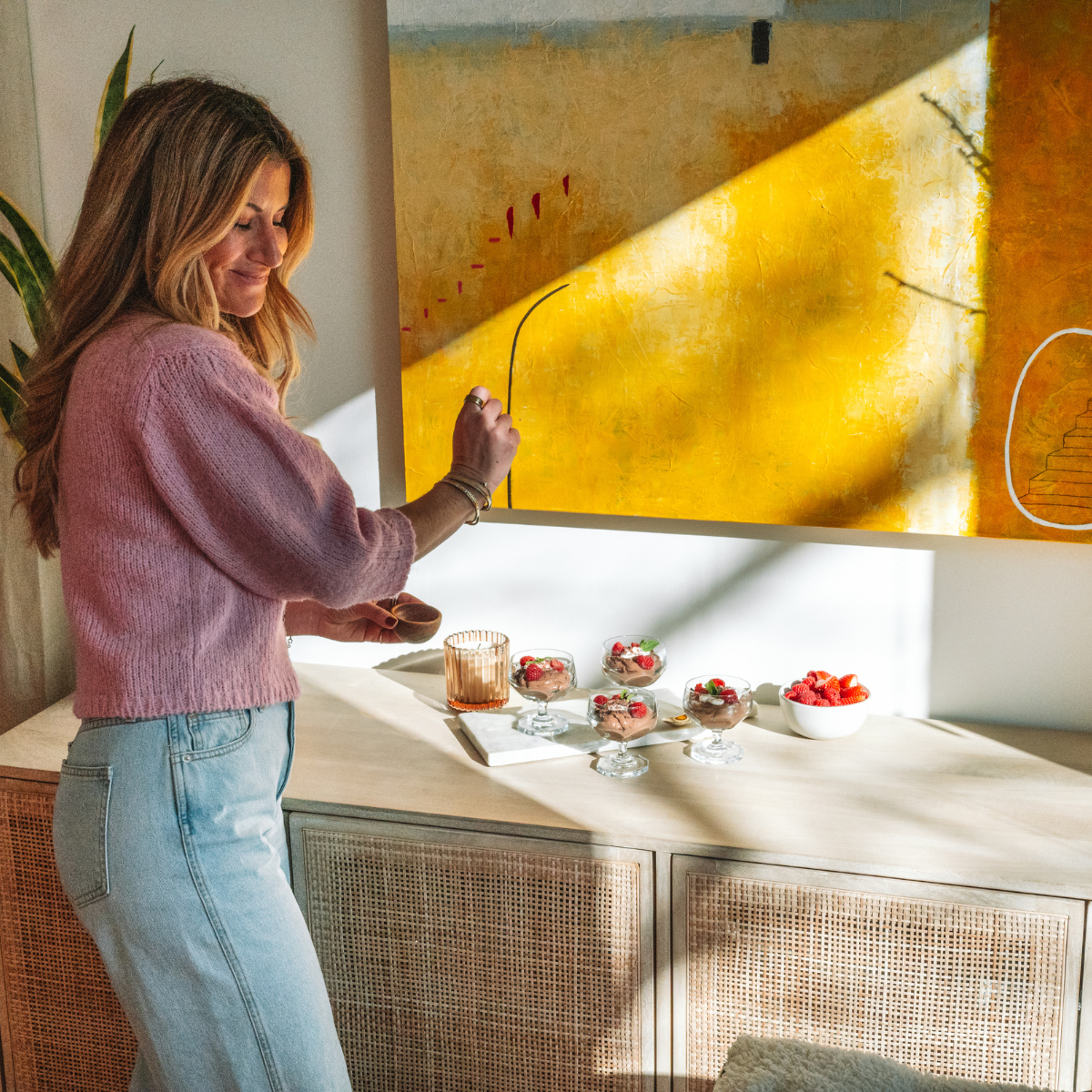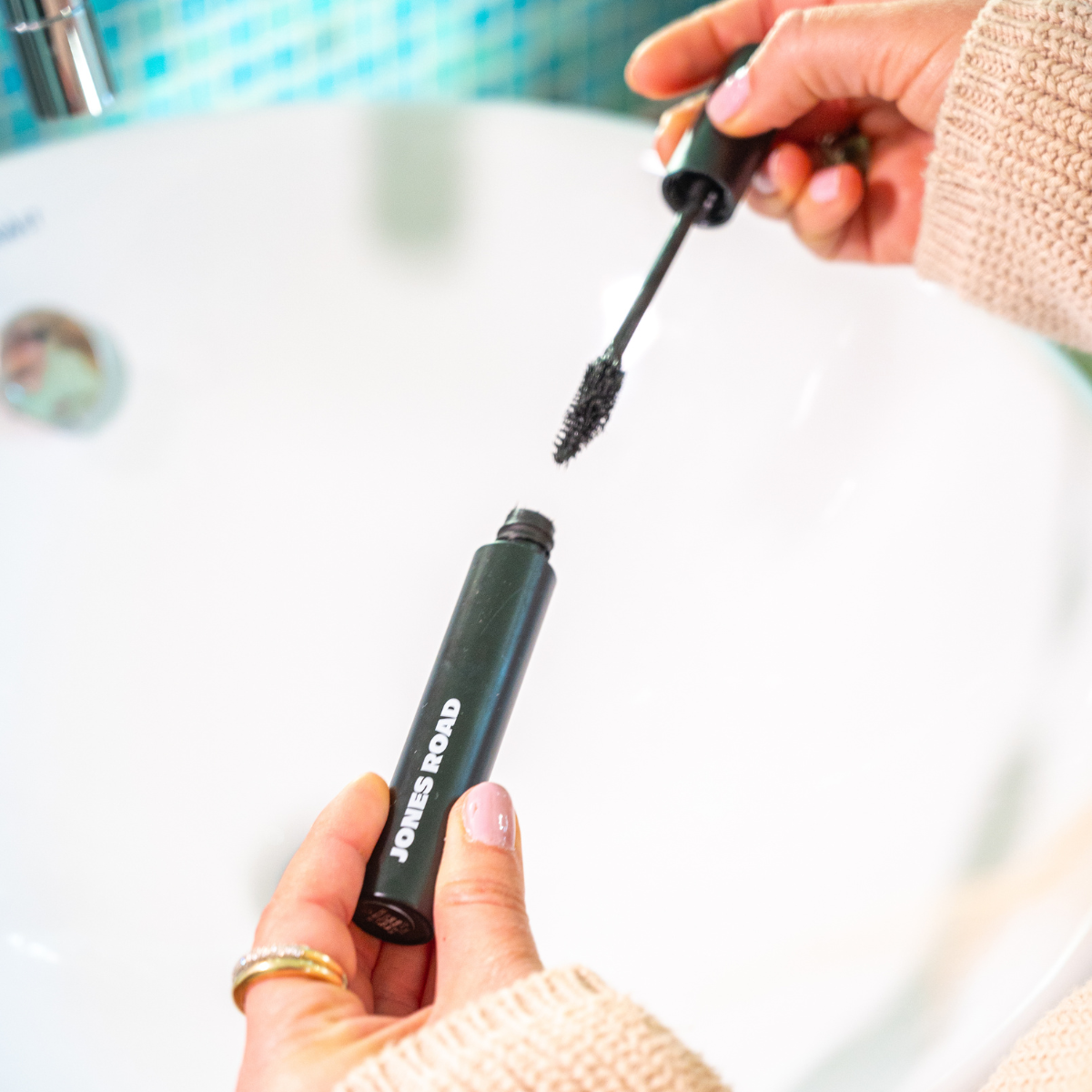Podcast
Building a Brand Both People and Investors Love
with Tom Spier

Elizabeth welcomes Tom Spier, founder and managing partner of Boulder Food Group, a VC firm focused on consumer packaged goods. Tom shares his journey from an early employee at Bear Naked to selling the company to Kellogg's, and then co-founding Evolved Foods before transitioning to investing. Tom provides some great insights on building successful CPG brands, the importance of innovation, strong supply chains, and surrounding yourself with the right people. He also shares advice for navigating the ups and downs of entrepreneurship, tips for making a great first impression, and going for your idea with gusto.
You may also like
Mix & Match











